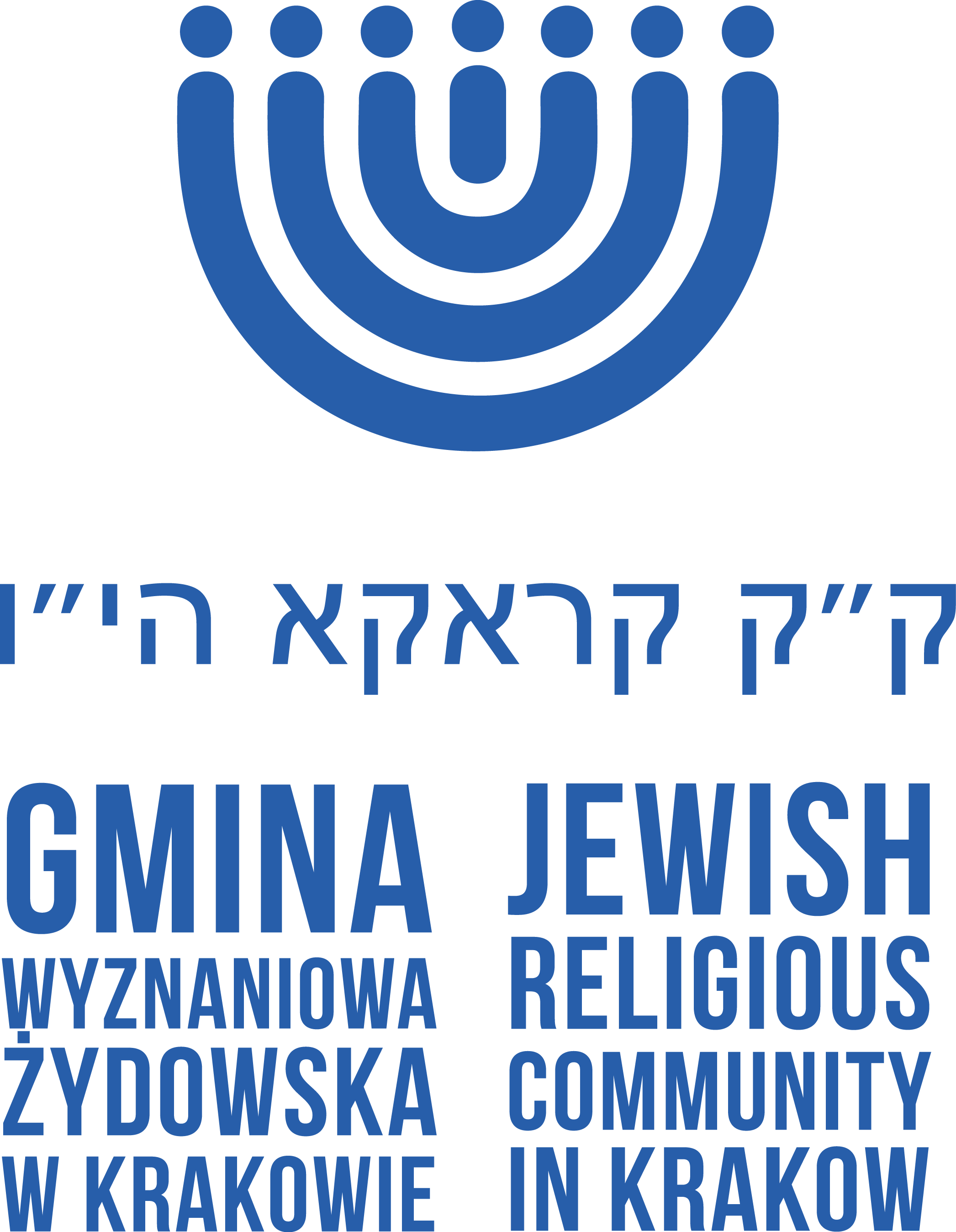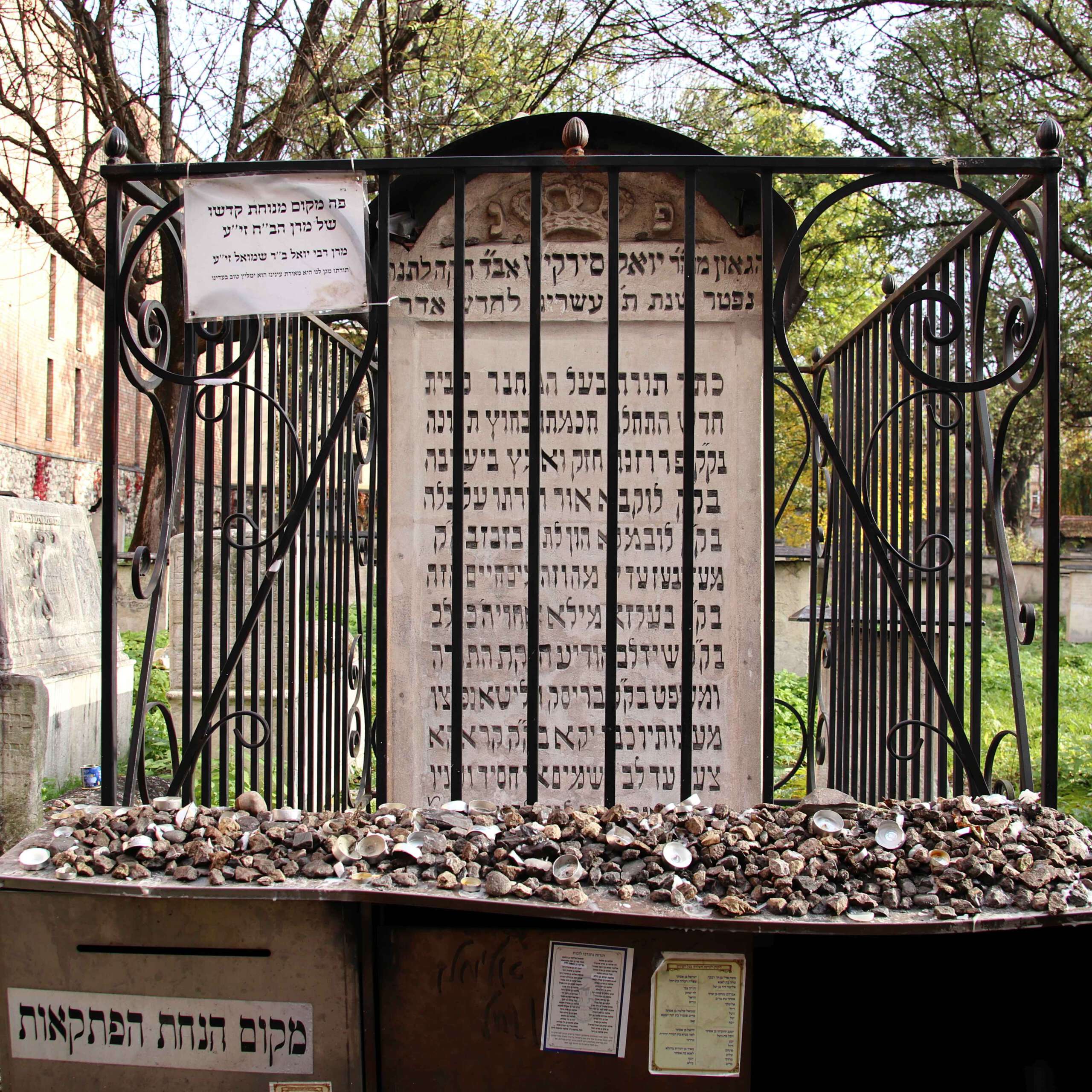Today we remember Joel Sirkes, known as BaCH, son of Samuel Jaffe (SEGAL), who lived between 1564-1640, the rabbi of Krakow (1618-1640).
Joel Sirkes was an outstanding Talmudist, an expert on halacha, a rabbi of the Jewish community in Kraków’s Kazimierz and rector of the Krakow yeshiva. Sirkes was known as Bach, a nickname which derived from the acronym formed from the title of his most famous work, Beit-Hadash (Krakow, 1639), which is a commentary on Jacob ben Asher’s code of Talmudic law, Arba Turim. As a student and then a rabbi, he was associated with many cities of the Republic of Poland, such as: Poznań, Brześć, Prużany, Łuków, Luboml, Międzyboże, Bełz, Szydłów, Brześć Litewski, only to finally settle down in Krakow. He participated in conventions of the Sejm of Polish Jews, followed by the Sejm of the Jews of the Crown. According to Majer Bałaban, Joel Sirkes, the rabbi of Krakow between 1618-1640, the author of Beit-Hadasz (hence his nickname), was an outstanding scholar of his times. People from various countries, including Italy and Holland, reached out to Sirkes with questions on controversial matters. (…) Joel Sirkes was critial of pipul and spoke against this method which is clearly presented in his fundamental work. (…) Additionally, Joel Sirkes prepared a commentary on the biblical book of Ruth as well as comments on Asheri’s commentary on the Talmud which only appeared in print in the Warsaw edition of the Talmud (1860). There is some trivia connected with Sirkes. Each synagogue is managed by a gabaim, which is a significant function in the Jewish community. Over centuries, the gabaim kept order during prayer, distributed honors in the synagogue, paid preachers and cantors, and finding the latter was always a big problem. It was difficult to find a suitable candidate because many of them brought melodies from churches and folk songs to synagogues, which made conservative circles appalled. It was Rabbi Joel Sirkes who introduced a rule according to which, it is forbidden to sing melodies taken “directly from the church”. Even then it was obvious how much influence both cultures had on each other.
Joel Sirkes is buried at the Remah Cemetery in Krakow. Based on: Krakowianie. Wybitni Żydzi krakowscy XIV-XX w., Kraków 2006 and Majer Bałaban, Historia Żydów w Krakowie i na Kazimierzu 1304-1868, Krakow 1936


